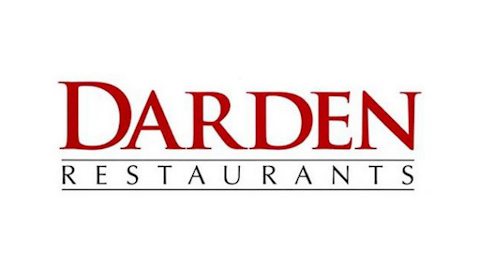If investors grabbed shares of Ruby Tuesday, Inc. (NYSE:RT) at its low in 2009 at nearly $1 per share, they must be quite happy to see it has risen to nearly $7.40 per share by now. The shares seem to have a lot of more potential upside as the casual dining chain is turning itself around. Let’s take a closer look to see whether or not Ruby Tuesday, Inc. (NYSE:RT) is a buy at its current trading price.
Business snapshot
Ruby Tuesday is the owner and operator and franchisor of Ruby Tuesday, Inc. (NYSE:RT) casual dining restaurant chain, operating 709 and franchising 77 Ruby Tuesday restaurants in 45 states in the U.S., District of Columbia, twelve foreign countries and Guam. In addition, the company also operates 15 company-owned and 5 franchised Lime Fresh Mexican Grill restaurants, a fast casual Mexican concept. Ruby Tuesday, Inc. (NYSE:RT) generated the majority of its revenue from restaurant sales and operating revenue, $1.32 billion, while the franchise revenue was only $5.74 million in 2012.
While the company produced profits of $45.3 million and $46.9 million in 2010 and 2011, respectively, Ruby Tuesday, Inc. (NYSE:RT) generated a loss of -$188,000 in 2012. The loss in 2012 would have been much bigger if there were no benefit for income taxes of $14.75 million. Thus, the operating loss, excluding the tax benefits was nearly $14.94 million. The operating loss was due to the significant increase in payroll, SG&A costs, and especially the closure and impairment charges of $18.67 million.

A new CEO, the goal and CEO bonus
In November 2012, Ruby Tuesday appointed a new CEO. He is Darden Restaurants, Inc. (NYSE:DRI)’ ex- chief marketing officer, J.J. Buettgen, with 20 years of experience in the restaurant business. Since then, the company has been restructuring its business including closing underperforming stores, changing the menus, and repositioning its brand. In terms of the menu, Ruby Tuesday, Inc. (NYSE:RT) focuses more on affordability and unique flavor profiles, introducing its previous “fan favorites” again and continues the launch of its limited time offers.
The goal for new management has been laid out. Its revenue should be growing at 3%-5% while the annual EPS growth would be 15%-20% per share. The free cash flow would be $50 million to more than $60 million and the net debt to adjusted EBITDA should be below 2. Since 2009, Ruby Tuesday has been strengthening its balance sheet. The debt has decreased from $493.4 million in 2009 to only $308.7 million in the second quarter of 2013 while the cash balance has risen from only $9.8 million to $25.6 million.
Interestingly, investors might feel that the compensation bonus of the new CEO aligns with their interests. The new CEO would have the right to purchase up to 250,000 shares, which would cliff vest after 36 months only if Ruby Tuesday reached $14 per share.
Peer comparison
At around $7.30 per share, Ruby Tuesday is worth around $441 million on the market. The market values the restaurant chain at 7.4 times EV/EBITDA. Compared to its peers including Darden Restaurants, Inc. (NYSE:DRI) and DineEquity Inc (NYSE:DIN), it is the smallest as well as the cheapest company among the three. Darden Restaurants, Inc. (NYSE:DRI) is trading at $52 per share, with a total market cap of $6.7 billion. It has a bit higher valuation at 8.8 times EV/EBITDA. DineEquity, at $69 per share, has a total market cap of $1.32 billion. It has the most expensive valuation at 9.4 times EV/EBITDA.
In terms of profitability, DineEquity is the most profitable with the highest operating margin at 28.6%. Darden Restaurants, Inc. (NYSE:DRI) ranked second with only 8.25% operating margin. The operating margin of Ruby Tuesday is currently the lowest, at 2.43%. Income investors might like DineEquity the best with its highest dividend yield at 4.4%. While Darden Restaurants, Inc. (NYSE:DRI) pays its shareholders dividend with a yield of 3.9%, Ruby Tuesday doesn’t pay any dividends.
My Foolish take
Among the three, I like DineEquity the most compared to the other two companies due to its highest dividend yield and highest operating margin. Investors might consider Ruby Tuesday as an opportunistic stock on its turnaround effort. If CEO Buettgen is successful in Ruby’s Tuesday restructuring, Ruby Tuesday’s stock price will keep increasing in the next several years.
The article ShouId We Buy Into This Casual Dining Chain’s Turnaround? originally appeared on Fool.com is written by Anh HOANG.
Copyright © 1995 – 2013 The Motley Fool, LLC. All rights reserved. The Motley Fool has a disclosure policy.


